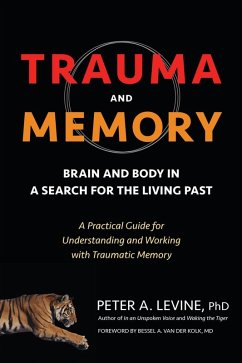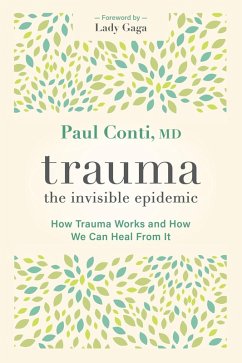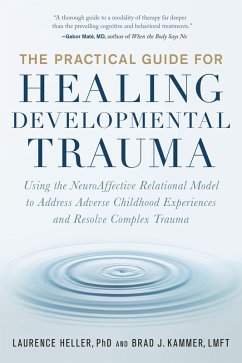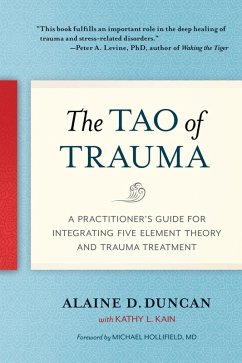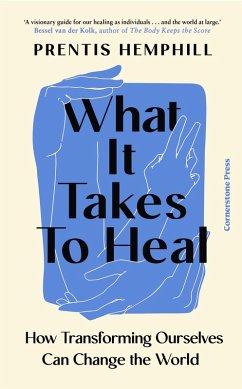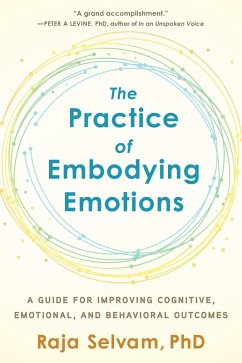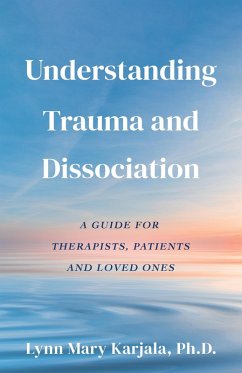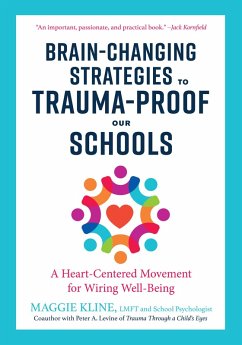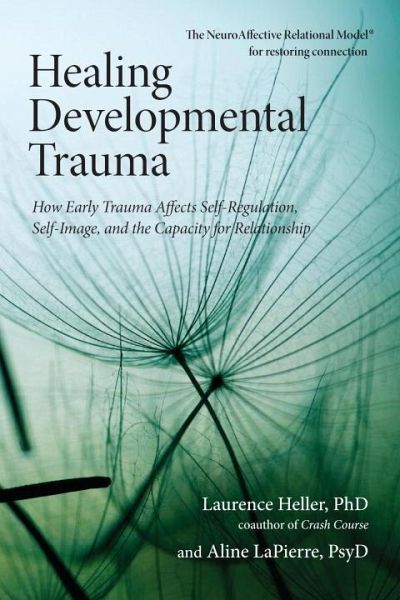
Healing Developmental Trauma (eBook, ePUB)
How Early Trauma Affects Self-Regulation, Self-Image, and the Capacity for Relationship

PAYBACK Punkte
6 °P sammeln!
This "well-organized, valuable" guide draws from somatic-based psychotherapy and neuroscience to offer "clear guidance" for coping with childhood trauma (Peter Levine, author of Waking the Tiger and In an Unspoken Voice). Although it may seem that people suffer from an endless number of emotional problems and challenges, Laurence Heller and Aline LaPierre maintain that most of these can be traced to five biologically based organizing principles: the need for connection, attunement, trust, autonomy, and love-sexuality. They describe how early trauma impairs the capacity for connection to self a...
This "well-organized, valuable" guide draws from somatic-based psychotherapy and neuroscience to offer "clear guidance" for coping with childhood trauma (Peter Levine, author of Waking the Tiger and In an Unspoken Voice). Although it may seem that people suffer from an endless number of emotional problems and challenges, Laurence Heller and Aline LaPierre maintain that most of these can be traced to five biologically based organizing principles: the need for connection, attunement, trust, autonomy, and love-sexuality. They describe how early trauma impairs the capacity for connection to self and others and how the ensuing diminished aliveness is the hidden dimension that underlies most psychological and many physiological problems. Heller and LaPierre introduce the NeuroAffective Relational Model® (NARM), a method that integrates bottom-up and top-down approaches to regulate the nervous system and resolve distortions of identity such as low self-esteem, shame, and chronic self-judgment that are the outcome of developmental and relational trauma. While not ignoring a person's past, NARM emphasizes working in the present moment to focus on clients' strengths, resources, and resiliency in order to integrate the experience of connection that sustains our physiology, psychology, and capacity for relationship.
Dieser Download kann aus rechtlichen Gründen nur mit Rechnungsadresse in A, B, BG, CY, CZ, D, DK, EW, E, FIN, F, GR, HR, H, IRL, I, LT, L, LR, M, NL, PL, P, R, S, SLO, SK ausgeliefert werden.




